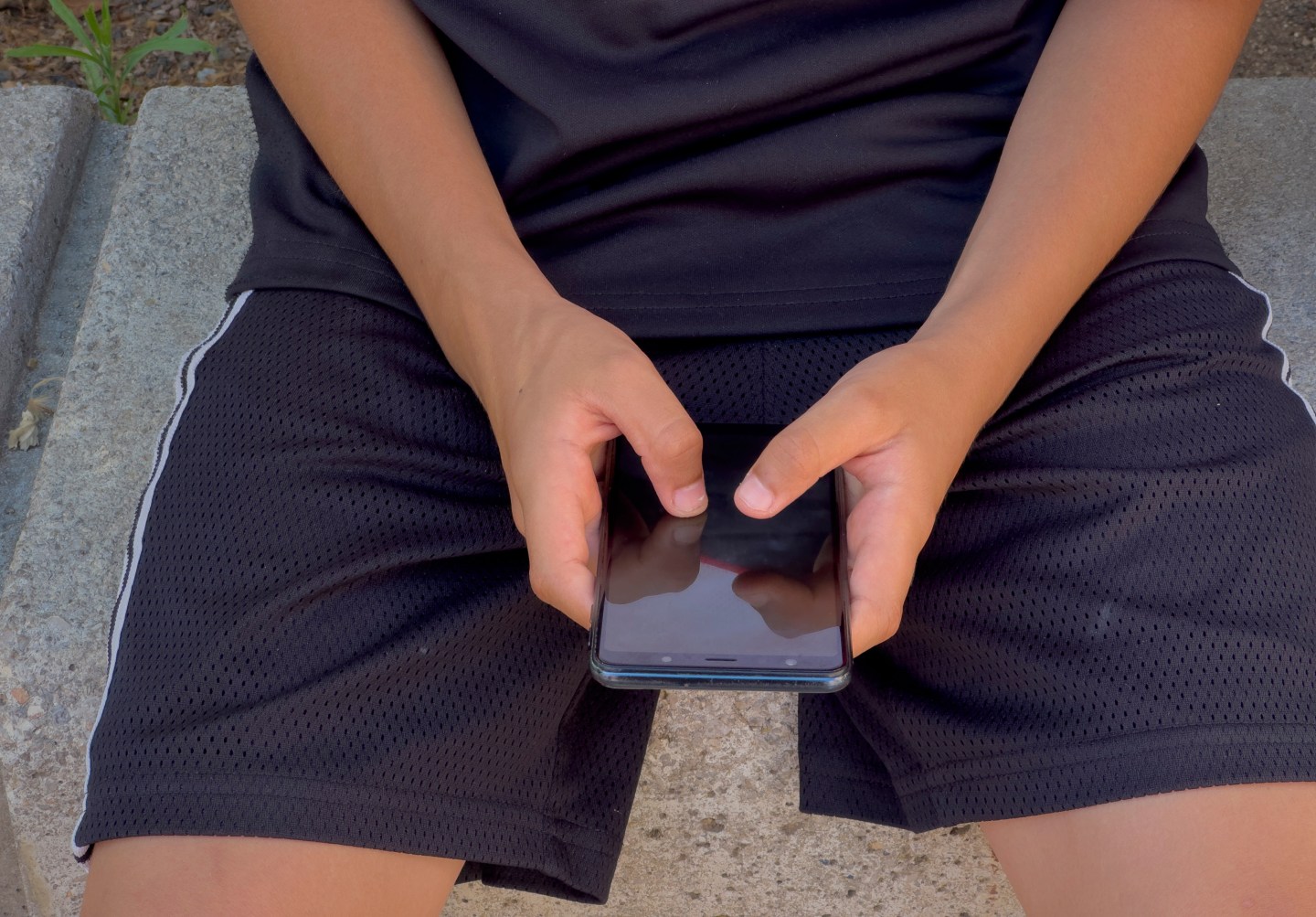Our mission to make business better is fueled by readers like you. To enjoy unlimited access to our journalism, subscribe today.
Russia’s proven COVID-19 vaccine, Sputnik V, is a hit—outside Russia.
On Monday, Slovakia became the 39th country in the world to buy Sputnik V. It is the second European Union country after Hungary to do so, while other willing buyers include Pakistan, the UAE, Argentina, Tunisia, and the European (but not EU) microstate of San Marino.
Sputnik V isn’t the cheapest COVID vaccine out there—the African Union is paying over three times as much for it as it is for Oxford/AstraZeneca’s and Novavax’s $3 jabs—but it is one of the most effective.
Tell that to ordinary Russians, though.
Also on Monday, one of Russia’s most prominent independent pollsters reported that the proportion of Russians who are willing to get vaccinated with Sputnik V was actually declining. According to the Levada Center, in December 38% of respondents were willing, and 58% were not. Last month the split had widened: 30% to 62%. And that’s after less than 4% of the population has been vaccinated.
Younger Russians were least likely to want Sputnik V, and even among those afraid of catching the coronavirus, only 37% of respondents were ready to get the vaccine.
These numbers are severely out of whack with general attitudes in other European countries. On Tuesday, the consulting firm Kekst CNC reported soaring vaccine acceptance rates, with 73% of Germans and 76% of Swedes being up for the jab. Even in France, a country with unusually high anti-vaxxer rates, the acceptance figures increased from 45% to 59% between December and February.
Side effects
For those Russians who remain unwilling to take Sputnik V, the top reason (at 37%) was fear of side effects, while the second most prevalent (at 30%) was a perception that the vaccine had not yet been fully tested. Indeed, while Sputnik V was a month ago shown to have a very high efficacy rate of 91.6%, that was based on an interim analysis of an ongoing trial.
The fear of side effects seems to be common in the phenomenon of vaccine hesitancy, particularly when there is disagreement between regulators over the vaccine.
In the case of the Oxford/AstraZeneca vaccine—approved by European regulators but not by the Americans—this fear is one of several factors that is leading many in France and Germany to stay away. The fears are not entirely unwarranted, as it is common for coronavirus vaccines to cause a fever, fatigue, or other symptoms, but these effects are temporary and do not indicate a malfunctioning vaccine.
Although Sputnik V has been authorized for use in 39 countries now, it has notably not yet been approved by Russia’s neighbor and regional rival, the EU.
The EU conundrum
The situation here is quite bizarre. The Russian Direct Investment Fund (RDIF), which is running the Sputnik V show, insists that it submitted an authorization request to the European Medicines Agency (EMA), the EU’s counterpart to the U.S. Food and Drug Administration (FDA), in late January. But the EMA is adamant that this never happened—so much so that it issued a statement on Feb. 10 to deny receiving any Sputnik V application.
The RDIF responded to that by tweeting a screenshot of its application…to a different body, the Heads of Medicines Agencies (HMA), which is not involved in the EMA’s approval process.
Although its member states have the freedom to buy vaccines on their own, the EU was supposed to be taking a unified approach, buying collectively in order to negotiate the best deals, and leaving the EMA to run the authorization process.
That has mostly been working out as planned, with the glaring exception of Sputnik V. Now, thanks to the impasse with the EMA, Russia gets to pick off individual EU members in a way that makes it look like the EU—which has been lagging on the vaccination front—is dragging its heels.
First it was Hungary, which has been at loggerheads with Brussels over many things in recent years. But Slovakia is perhaps a less obvious win, and the Kremlin even said Friday that President Vladimir Putin had discussed “possible deliveries of Russia’s Sputnik V vaccine to Austria,” with the country’s chancellor, Sebastian Kurz. The Czech Republic has also been considering Sputnik V.
“We have received numerous requests from EU states to provide Sputnik V directly to them based on the reviews of their national agencies,” RDIF CEO Kirill Dmitriev said in a Monday statement. “We will continue to do so, as well as work with EMA based on the rolling review procedure we initiated in January.
“We hope that EMA rolling review will start soon and would like to welcome EMA inspectors to our production facilities as soon as possible,” he said.
Again, the EMA maintains it has not received any application to start reviewing Sputnik V. And while Russia may be having success with some Eastern European states on a bilateral basis, it may not get much further. As German Chancellor Angela Merkel said last month: “Every vaccine is welcome in the EU, but only after it has been approved by the EMA.”











